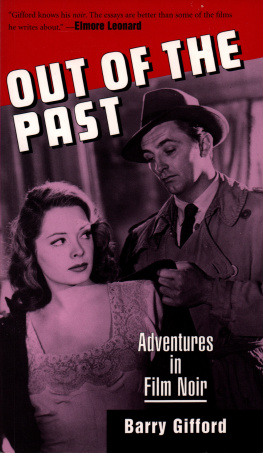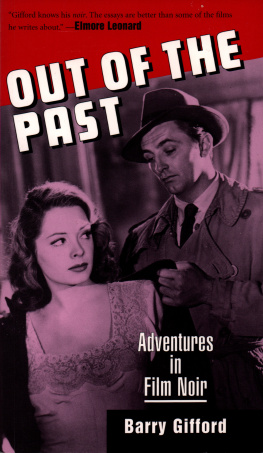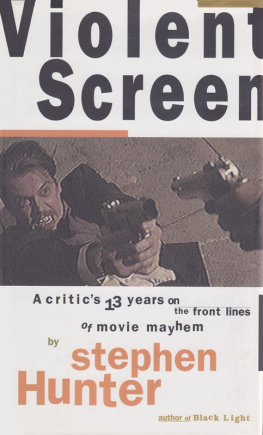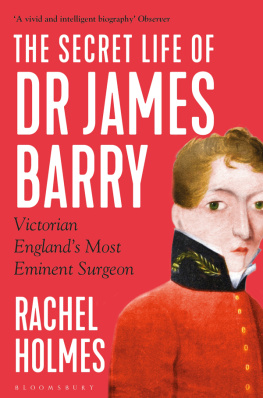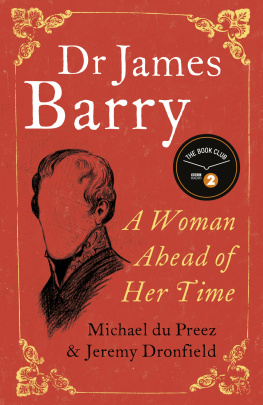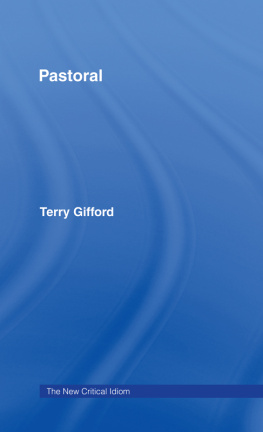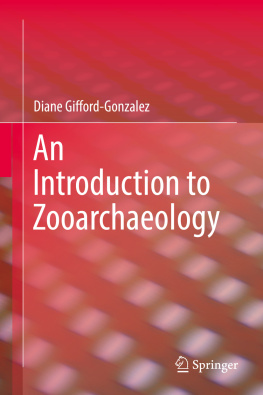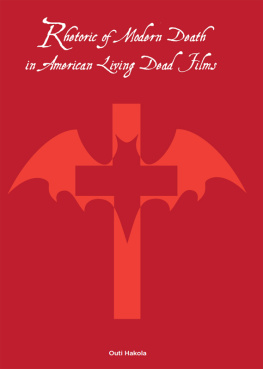The 400 Blows
1959. Directed and written by Franois Truffaut. Starring Jean-PierreLeaud, Patrick Auffray, Claire Maurier and Albert Remy.
When I was a boy my mother and I went to movies together often. She lovedgoing to the movies, day or night, all kinds, but especially foreign films:French, British, even Hungarian; movies she couldnt get other adults tosee with her, so she took me.
I saw The 400 Blows with my mother in 1959, when I was twelve yearsold, the same age as the films protagonist, played by Jean-Pierre Leaud.Apparently largely autobiographical, The 400 Blows is about asemidelinquent kid who lives in a rundown walkup apartment in Paris withhis mother and father. The father is a rather ineffectual, nondescripttype, who works a boring nine-to-five job and isnt around much. The motheris a kind of sexy, frustrated blonde who figures the world owes her abetter deal. She cheats on her husband, and one afternoon, when the boy isplaying hooky, he spots his mother in the street kissing a man. The boy andhis mother lock eyes but dont speak, and later she makes a deal with him:she wont say anything about his cutting school if he keeps quiet aboutwhat he saw. This disgusts the kid, but what can he do?
There is one scene in the movie that affected me more than any other. Theboy and his parents are returning home from a rare family outing, probablyon Sunday evening, and as the mother is hanging up her coat in the hallway,her husband reaches up from behind and squeezes her breasts. I rememberthinking when I saw this that my mother was a pretty good sport to betaking me to a movie that had stuff like that in it. But I also saw theuncomfortable look on the womans face when it happened. She didnt likeher husband touching her any longer in that intimate way; she was annoyedbut tried not to show it, to disguise her unhappiness and disappointmentwith her marriage, her life. The woman no longer loved her husband, but heloved her, and it was a pathetic moment. I was overwhelmed by an unexpectedsadness, a deeply painful feeling for which I was unprepared.
I suppose I identified to a certain extent with the boy, and I sawsomething of my own mother in the woman on the screen, but somehow that onepathetic gesture on the part of the unloved, betrayed husband provided me awindow on the lie, and revealed the undeniable tragedy inherent in the lifeyet to come.
About the Author
Barry Gifford was born in 1946 in Chicago, Illinois, and was raised thereand in Key West and Tampa, Florida. His novel Wild at Heart (madeinto an award-winning film by David Lynch) was the first in a succession ofnovels exploring a similar part of the American landscape that has broughthim increasing acclaim. His books have been translated into twentylanguages. One of them, Night People, was presented the PremioBrancati, Italys national book award established by Pier Paolo Pasoliniand Alberto Moravia. Mr. Gifford is also the author of The SinaloaStory, Port Tropique, Wyoming, Baby Cat-Face,My Last Martini, Perdita Durango, and The Wild Life ofSailor and Lula, among other works of fiction. Screenplays includeLost Highway (with David Lynch), Perdita Durango (with Alexde la Iglesia), and Hotel Room Trilogy. He has published numerousbooks of poetry, including Ghosts No Horse Can Carry (CollectedPoems 19671987), Poems from Snail Hut, The Blood of theParade, Persimmons: Poems for Paintings, Giottos Circle,Beautiful Phantoms, Coyote Tantras, and Flaubert at KeyWest. Works of nonfiction include Bordertown (with photographsby David Perry), A Day at the Races, Jacks Book: An OralBiography of Jack Kerouac (with Lawrence Lee), and The PhantomFather: A Memoir. He lives in the San Francisco Bay Area.
Ace in the Hole
(also known as The Big Carnival) 1951. Directed by Billy Wilder.Starring Kirk Douglas, Jan Sterling, Richard Benedict, Robert Arthur andPorter Hall.
The bronc bucked on the red Wyoming license plate as the battered purplepickup carrying two men in black cowboy hats lurched along the highway pastthe outskirts of Albuquerque. I followed close behind, wondering where inwide-open Wyoming they were from and what they were doing this far fromhome. An empty beer bottle rolled off the back of the open truck tailgateand crashed just ahead of my maroon 55 Buick Century, crunching under theright front tire.
I decided to try and pass the pickup and see what these two boys lookedlike. It was a two-lane, and after topping a rise I swung the Buick out tothe left into the opposite lane and stabbed it. When I pulled even with thepickup cab I slowed a moment and stole a look. They were two old fellas,looked like they just tumbled in off the range, jagged sideburns, beardshalf-full, lean and wiry, in their late fifties, sixties-and-some, bothgrim-mouthed and eyes set to the sunset blue-red road in front of them. Imoved the Buick past, taking a curve sharper than I should have, tiressquealing, leaving the old boys behind.
I decided to stop for coffee at a caf west of town. I sat at the counter.There were two other customers in the place, an old man and an Indian kid,both of whom sat at the far end of the long side of the L-shaped countereating chili out of dark blue enamel bowls. The old man did not look upwhile he ate. The Indian kid glanced over at him every few seconds to seethat the old man was doing all right.
Then the angel appeared. I was sure she was an angel, an omen, a fawn-childno more than thirteen years old in a white waitress uniform, platinum hairtied tight to her head, clear blue eyes surrounded by an inky path ofmake-up, Lolita-like with skirt stopped top of the thigh and disdainful lipno doubt dealt with midnight truckers, small town wifely sneers, all menmad to unwrap and sup at the sweet sap purity tap. But there was so muchcoldness, hardness in her stare that I had to avert my eyes, blink blindlyat the menu, then gaze again, unable to convince myself that this was novision, no lie, but the pearl of New Mexico.
I couldnt help but follow her movements carefully, and didnt dare lookaway when she bent to retrieve a fallen utensil, revealing the underside ofher thighs and flash of flame-pink cotton. I coughed and she brought me aglass of water. I ordered coffee and scrambled eggs and toast.
Outside again I spat out the window and drove on, leaving the angel of thedesert caf to her Hollywood dreams, to age, to what I couldnt touch butwhat I could not help but be touched by.
Algiers
1938. Directed by John Cromwell. Screenplay by John Howard Lawson withadditional dialogue by James M. Cain. Starring Charles Boyer, Hedy Lamarr,Sigrid Gurie, Joseph Calleia, Alan Hale and Gene Lockhart.
This is a remake of Pepe le Moko, the French classic that starredJean Gabin as a gangster sequestered in the Casbah, from which he controlsa network of criminals. In English, its Charles Boyer as Pepe. The Frenchpolice come to Algiers determined to apprehend Pepe, suggesting a house tohouse search, at which the Algerians scoff. Joseph Calleia plays the nativecop who actually hangs out at Pepes and tells him hell get him one day.But Pepe is protected in the Casbah mazeanyone who means him harm wouldnever get out of there alive.
Scripted by one of the Hollywood Ten with clean-up work by a master ofAmerican menace, Algierss premise is that Pepe is tired of lifebehind the walls, even though he has money, women and power. The Frenchwant him back for crimes hes committed there, and the Algiers police haveno recourse but to wait him out. Sooner or later, Calleia knows, somethingwill lure him from his stronghold. Of course, it turns out to be a woman,Miss Hedy Lamarr, straight from her Czechoslovakian

